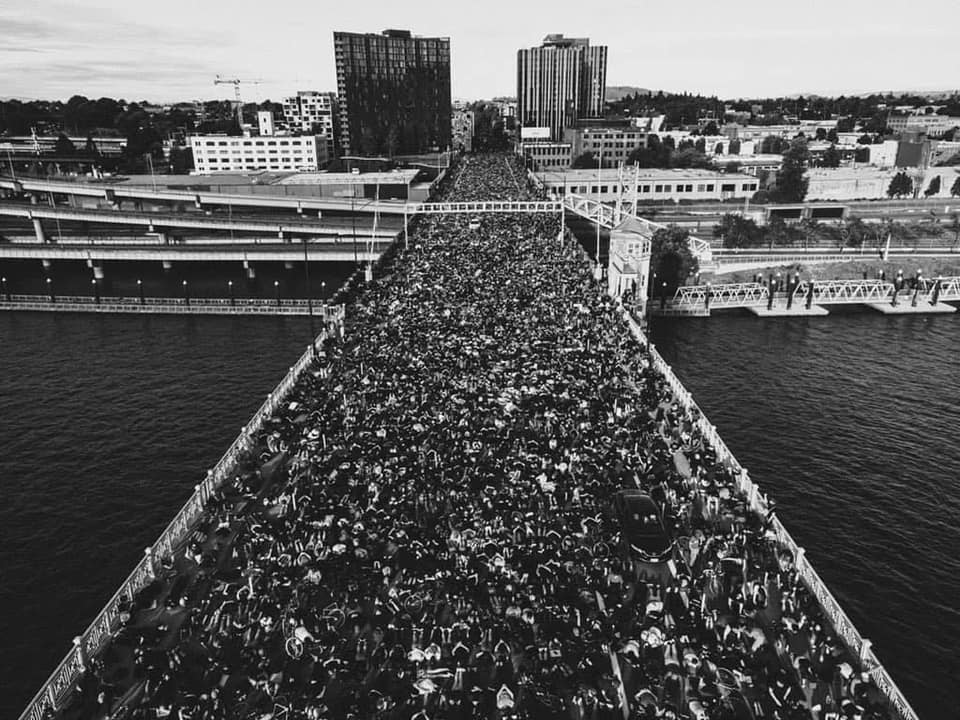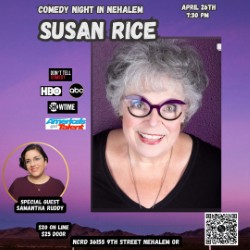By Jules Arthur
Neither love nor terror makes one blind: indifference makes one blind
– James Baldwin
In the last three weeks, the U.S has been terribly shaken up by blows of injustice and
racism. This is all happening comorbidly while COVID-19 continues spreading throughout the
country, hitting communities of color at disproportionately higher rates than any other
community. And although racism has always been prevalent in our society, three incidents have
served as catalysts for social equality and police reform. First, the killing of Ahmaud Arbery,
which elicits many memories of the lynchings of America’s darkest times. Then, Amy Cooper in
Central Park, New York, where she weaponized a black man’s race and used it against him by
calling the police and falsely accusing him of threatening her life when in reality, she was the
one threatening his life through her privilege — a privilege that she understood gave her the
power to effectively delegitimize her counterpart’s personhood. She understood her actions were
backed by the systematic racism that is embedded in our society, in particular, in our police
forces and criminal justice system. The nature of the incident also felt too close to the
miscarriage of justice we know as the Central Park Five. And, as if we needed more, that same
day, George Floyd was killed by the police in Minnesota in the most vicious manner with a
symbolic and very literal knee pressing down his neck as two police officers sat on his back for 8
minutes and 45 seconds, while begging for his life and channeling all of his people’s subjugation
and abuse with three simple words: “I can’t breathe.”
These incidents are punches that land right on my civil liberties and human rights, my loved ones’ rights and on the idea of a promised just world for my children and their future generations. The frustration and pain are real and live at the core of my being. To have it rubbed on your face that the color of your skin renders your life to be less worthy and its loss is just another sad statistic is a chilling and sobering thought. And to know that you must find a way to make your children make sense of this reality, without letting them succumb to it, both physically and mentally, is an even more strenuous task. Justice in this country is not guaranteed to me and my community. As a black man you learn to adapt and stay vigilant and distrustful of the world around you as a survival skill. The protests happening all over the country are the voices of the unheard and signify the rage and frustration that has been built up and passed down from generation to generation. We have been patient, always being told that the right time is not now, while our communities are suffering and progress struggles to keep up with the leaves of time. We are asked, how dare we kneel down in front of a flag of a country that fails to uphold our most basic human rights because the fire is never urgent nor real until it hits close to home.
But this fire is everywhere and it is everyone’s responsibility to put it out. Otherwise, it will burn us all, and, of course, it will burn some of us faster.
The looting and violence are regretful. The community should continue calling out those that are instigating the violence, because in the end, they are actively destroying the very community we are trying to protect. Not all cops are bad, but the system in which they function is broken and needs to be reformed. Black people, especially young black men, are disproportionately more likely than their white counterparts to be killed by the police throughout their lifespan and police shootings continue on the rise across all races¹. The police must also stop perpetrating violence themselves because as history has shown, it is seldom that escalation leads to de-escalation and when it does, the results rarely last. Hence why we are where we are.
Instead, listen to our pleas and start looking at your police departments to improve their
practices. It is fundamental for any functional society to maintain harmony between its citizens and police forces. After all, you cannot serve and protect if instead you are feared and perceived as dangerous. Show us that change is coming because so far the progress has been slow, and the wait has been fatal.
These are tough times for everyone, especially for us people of color. Take the time to listen to our struggles; we are voicing them loud and clear. And that is what we want: for you to listen. For you to show empathy and understanding and do your part to help bring change. Avoid falling into generalizations, because in the same light that we hear not all cops are bad, it must be acknowledged that not all protestors are looters. Instead of destabilizing, the movement aims to shift the pendulum of justice where it belongs, for the sake of our country and our world as a whole. Lastly, if you are tired of hearing our demands, imagine how tired we are of seeing history repeat itself and cost us dearly each time. Picture how fiercely you would fight to make the world a better place for you and your loved ones if the system worked against them.
1.Edwards, F., Lee, H., & Esposito, M. (2019). Risk of being killed by police use of force in the United States by age, race-ethnicity, and
sex. Proceedings of the National Academy of Sciences of the United States of America, 116(34), 16793–16798.
https://doi.org/10.1073/pnas.1821204116


